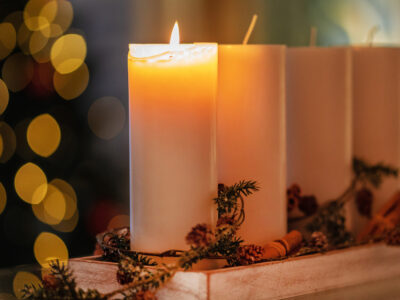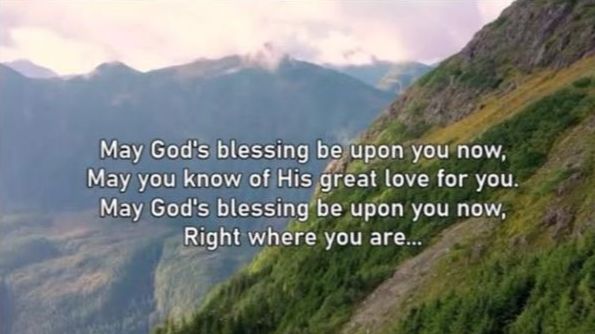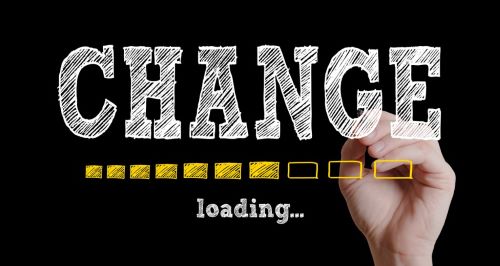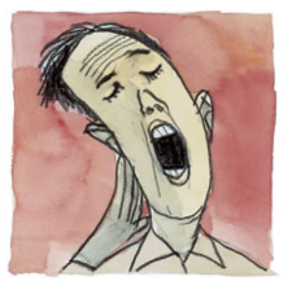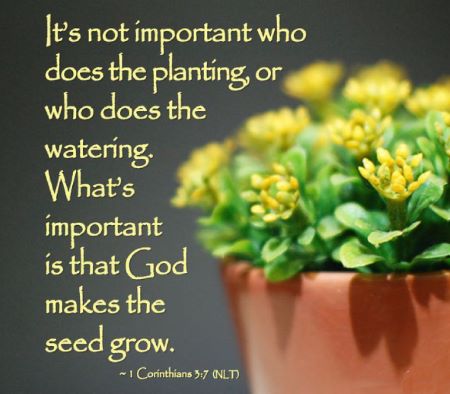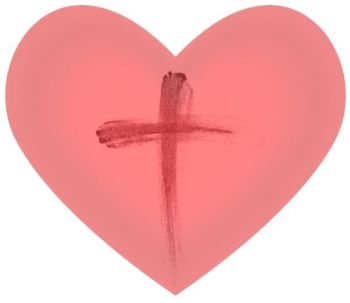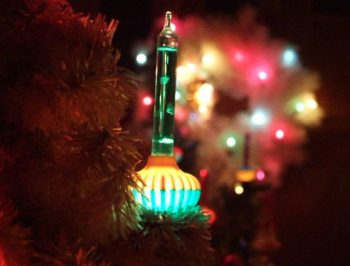
Christmas Decorating (with a dash of Jewish)
Joel and I have always decorated for the holidays. Things made years ago by our children, some heirloom ornaments he inherited (I inherited none), some of those vintage bubbler candles and tin and paper ornaments, and some things we bought together. But there were also some things I had kept from before my conversion to Christianity that were put out and used too. Some dreidels and an eight-candle menorah. And as we lit the candles (one additional candle for each night and lighting them from right to left) using the shamash (“helper” or “servant”) candle to light the other candles, we said this Hebrew prayer: Ba-ruch A-tah Ado-nai E-lo-he-nu Me-lech ha-olam a-sher ki-de-sha-nu be-mitz-vo-tav ve-tzi-va-nu le-had-lik ner Cha-nu-kah. It is translated as: Blessed are You, Lord our God, King of the universe, who has sanctified us with His commandments, and commanded us to kindle the Chanukah light.
Light is a universal symbol –– both literally and figuratively –– of hope. Of being able to see in the dark. Similar to the seven-candle Advent wreath (with its central Christ candle) we light throughout Advent and on Christmas Eve. And symbols are like sacraments –– outward and visible signs of inward and spiritual graces. Graces which point us to and hint at other truths.
Like how the light of Chanukah’s candles reminds us that when the Maccabees returned to Jerusalem to liberate it, they entered the Temple and cleared it of the idols placed there by the Syrian vandals; and Judah and his followers built a new altar, which he dedicated on the twenty-fifth of the month of Kislev (in the year 139 BCE); and while there was only enough oil for one night, by a miracle, the light lasted for eight days until more oil could be secured. Like how Isaiah 60:1 invites us to Arise, shine; for your light has come, and the glory of the LORD has risen upon you. Like how in the Nunc dimittis (The Song of Simeon) Simeon discerns in the infant Jesus a light to enlighten the nations, and the glory of God’s people Israel. Like how we understand Jesus to be the Light of the World. Like how in Islam, Allah is the light of the heavens and the earth. Like how in the Festival of Diwali –– one of the most popular festivals in Hinduism –– light symbolizes the spiritual victory over darkness, good over evil, and knowledge over ignorance. Like the seven candles lit during Kwanzaa (three red ones on the left, three green ones on the right, and a black candle in the center) which represent the seven principles (Nguzo Saba) beginning with unity and ending in faith.
To be a contemplative, is to see down to the knowledge which connects all things; to discern the transcendent reality of Wisdom; to become enlightened by an effulgent light (perhaps like the light which shone from Moses’ face) which unites, but cannot divide.
And one year, when Joel’s son was in his early teens, he said something (kind of tongue-in-cheek) about how we were combining Jewish and Christian symbols and traditions. But I’d like to think that –– in some small way –– he saw past the boundaries imposed by our separate religions and noticed that the divisions between them are imposed. That on some level, he saw that diversity was never intended to be divisive. That the quality of compassion is one that gathers us together.
And retired Pastor Chris Glaser wrote: “Many of us believe that to be a spiritual person is to practice compassion. Jesus was the first spiritual founder to teach me this. But it’s also true of the Talmud and the Buddha and the Quran and the Vedas, to mention a few spiritual paths that sensitively deal with suffering.”
The world has endured enough suffering this year. It’s time for a break. The seven-week Advent that we celebrate until December 20 falls on the cusp of the longest night of the year (December 21); and then there will be increasing light to guide our way. The seven-week Advent that we celebrate is about looking not only to the end of suffering (in the chronos we inhabit); but to the goal, to the eternal moment (in the kairos that God inhabits) that makes sense out of all our moments. I pray that we will be guided both in our individual lives and in our one corporate life. Holy God, make it so. L’Chayim!

